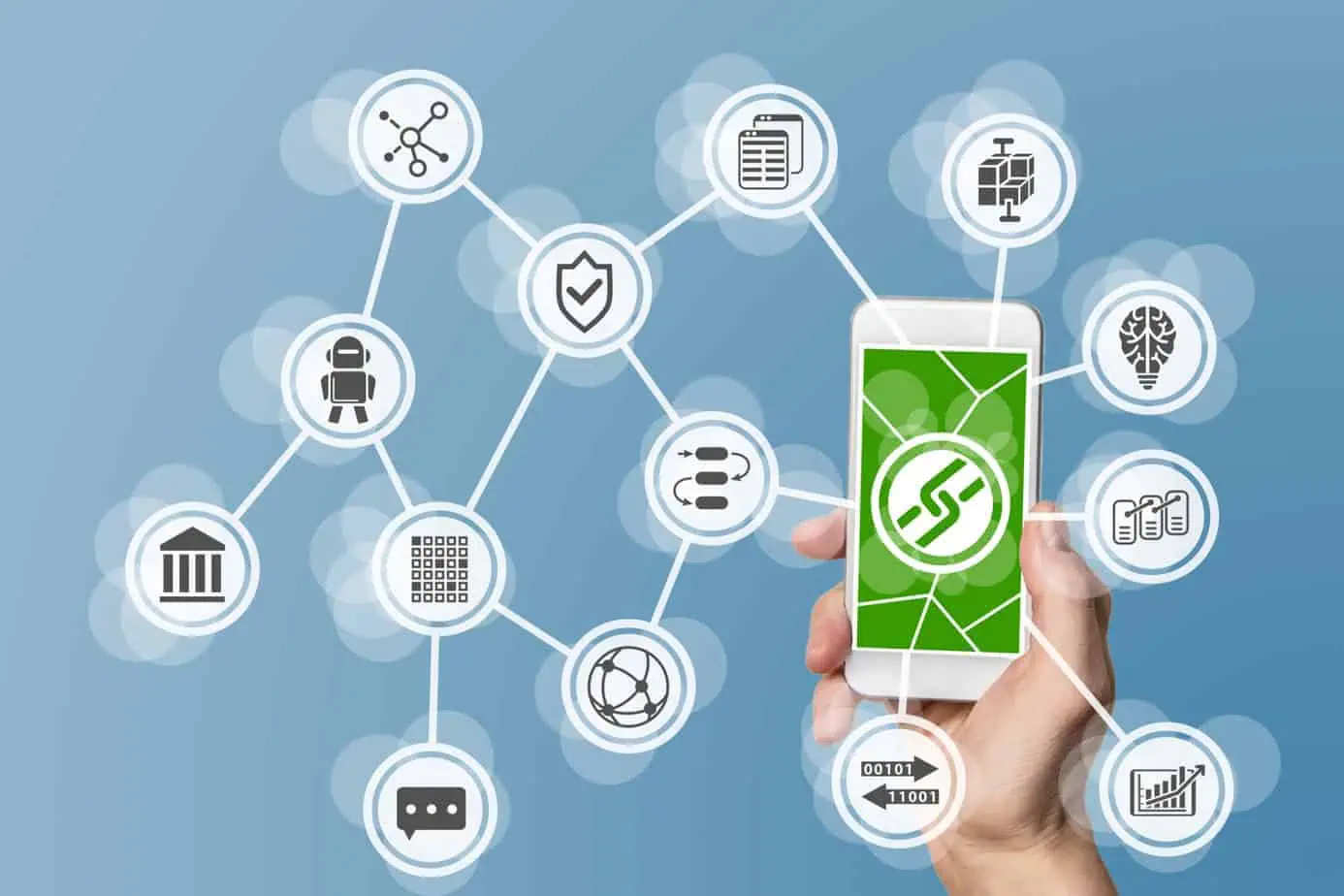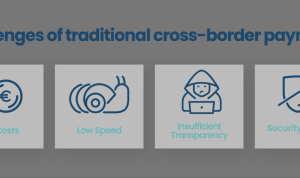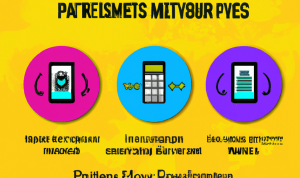Delving into The Future of Mobile Payments in a Digital World, we find ourselves at the intersection of convenience and innovation. As technology continues to evolve, mobile payment systems are transforming the way we conduct transactions, making them faster and more secure than ever before. This evolution is not just about replacing cash or cards; it’s about rethinking how we interact with money in our increasingly digital lives.

From QR codes to digital wallets, the landscape of mobile payments is diverse and dynamic. With the rise of smartphones, more consumers are embracing these technologies, which offer a seamless shopping experience. Understanding the implications and trends surrounding these payment methods is essential for businesses and consumers alike as we navigate this rapidly changing financial environment.
In the ever-evolving landscape of technology and communication, the significance of social media has become increasingly apparent. As we navigate through the digital age, platforms like Facebook, Twitter, Instagram, and LinkedIn have transitioned from mere communication tools to powerful platforms that shape opinions, influence trends, and even drive societal change. This article will delve into the multifaceted role of social media in our lives, examining its benefits, drawbacks, and the phenomenon of digital interaction.One of the most striking aspects of social media is its ability to connect individuals from all corners of the globe.
In an era where geographical barriers are diminished, social media allows users to share experiences, cultures, and ideas. For instance, someone from a small town in the Midwest can engage with a tech enthusiast in Silicon Valley or a fashion influencer in Paris. This global connectivity fosters a sense of community and belonging among diverse groups of people. It provides an avenue for discussions and collaborations that would have been improbable a few decades ago.Moreover, social media serves as a platform for self-expression and creativity.
Users can share their thoughts, artistry, and innovations with a broader audience, often leading to unforeseen opportunities. Creative individuals, including artists, musicians, and writers, can showcase their work and gain recognition without traditional gatekeepers such as record labels or publishing houses. This democratization of creativity underscores the transformative power of social media, as it empowers individuals to carve out their niches and connect with like-minded individuals.However, while social media offers numerous advantages, it is not without its challenges.
One of the primary concerns is the impact of misinformation and fake news. The speed at which information spreads on these platforms can lead to the rapid dissemination of falsehoods, which can have severe consequences. For example, during health crises, inaccurate information can lead to public panic or, worse, hinder effective responses. This highlights the need for users to critically evaluate the information they encounter and for platforms to take responsibility in regulating content distribution.Additionally, the addictive nature of social media can lead to negative mental health outcomes.
Studies have shown correlations between excessive social media usage and issues such as anxiety, depression, and low self-esteem. The constant exposure to curated and often unrealistic portrayals of life can create a distorted sense of reality, leading users to compare themselves unfavorably to others. This phenomenon, known as social comparison, can engender feelings of inadequacy and dissatisfaction. Therefore, it is crucial for individuals to cultivate a balanced approach to social media—one that fosters meaningful interactions without sacrificing their mental well-being.Another significant aspect to consider is the role of social media in shaping public discourse and activism.
In recent years, we have witnessed the power of social media campaigns in bringing attention to pressing social issues such as climate change, racial inequality, and gender rights. Movements like #BlackLivesMatter and #MeToo have harnessed the power of social media to galvanize support, raise awareness, and demand change. This has led to a new era of activism, where individuals can voice their concerns and mobilize others with unprecedented speed and reach.Yet, the potential for social media to act as a double-edged sword should not be underestimated.
While it can amplify voices that have historically been marginalized, it can also serve as a breeding ground for negativity and division. Online harassment, cyberbullying, and cancel culture are pervasive issues that can harm individuals and communities alike. The anonymity that social media provides can embolden individuals to engage in harmful behaviors, creating a toxic atmosphere that discourages open dialogue and understanding.To navigate the complexities of social media, users must develop digital literacy skills.
This includes being able to discern credible sources from unreliable ones, recognizing bias in online content, and understanding the implications of their online actions. Educational institutions, parents, and communities play a vital role in fostering these skills, ensuring that individuals are equipped to thrive in a digital world.As we look to the future, the evolution of social media is likely to continue shaping our lives in profound ways.
Emerging technologies, such as virtual reality and augmented reality, have the potential to redefine how we interact with each other and our surroundings. Imagine attending a virtual concert with friends from around the globe or engaging in a collaborative project in a digital space that feels as tangible as the real world. The possibilities are boundless, but they also come with ethical considerations regarding privacy, security, and the impact on our social fabric.In conclusion, social media is a multifaceted tool that carries both immense potential and significant challenges.
It connects us in ways that were previously unimaginable, allowing us to share, learn, and grow together. However, as we embrace this digital era, it is crucial to remain vigilant about the implications of our online interactions. By fostering digital literacy, promoting healthy engagement, and encouraging constructive dialogue, we can harness the power of social media to create a more connected and informed society.
Ultimately, it is up to each of us to navigate this landscape thoughtfully, ensuring that our contributions reflect the values we hold dear.






